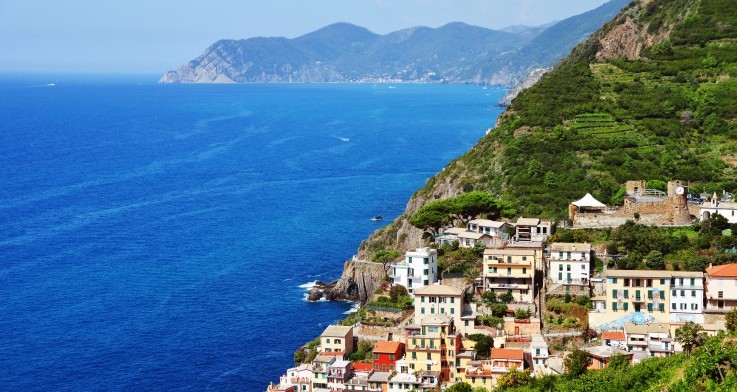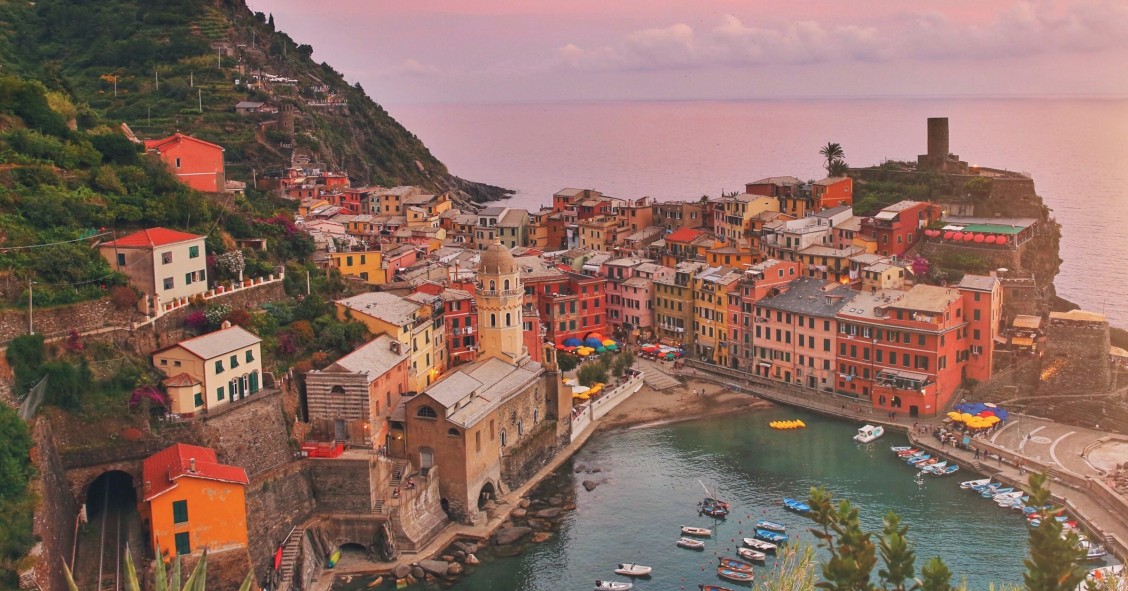
We all know that one of the main consequences of the coronavirus pandemic in Italy and across the world has been the rise in teleworking, smart working, working from home, or however you wish to refer to it. This is a trend that has become even more popular in certain coastal regions in Italy, notably the rise of teleworking in Liguria. In this Italian region, the sea, mountains and nature are the stars of the show, and it is these features of the region that are said to have had a significant effect on the property market in Liguria in the wake of the COVID-19 pandemic. Working remotely is increasingly pushing people to head to coastal resorts and invest in homes on the Riviera, in light of the fact that remote working will likely continue post-COVID.
As recalled in an article in the Italian newspaper La Stampa, this trend in Liguria was first mentioned last September by Scenari Immobiliari in a forum held in Santa Margherita Ligure, a comune in the Metropolitan City of Genoa. In this event, it was stated that "second homes in tourist resorts have become main homes for those who have chosen to work remotely". Smart working by the sea is popular. And the latest revelations have confirmed this trend: "In Liguria, contracts for holiday homes that previously lasted one month have been extended until the end of the year and even beyond". According to the experts there is also expected to be "a strong positive rebound for the market, linked precisely to the search for accommodation on the coast to work from home".
This is trend that the local council in Santa Margherita Ligure intends to take advantage of. Mayor Paolo Donadoni has in fact announced that by March, the town will have increased resources and a co-working centre in Via Roma, meaning that "anyone who is here can enjoy an equipped place to work remotely, even if they have difficulties at home".
The smart working trend in Italy is on the rise and is making a name for itself, both with Italians and remote workers from abroad, especially when it comes to coastal resorts. The situation is however different in Italy's inland regions, which are often held back by poor network connection, a basic necessity for working from home.





